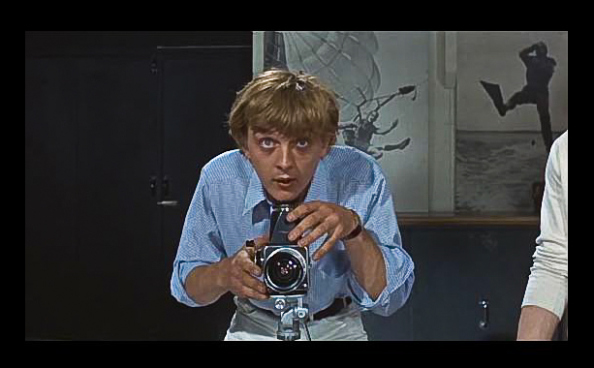Harry Lime
Practitioner
“I’ve noticed that the people who started on film still have the ability to see the person in front of them. Whereas for a lot of photographers who have only ever worked in digital, the relationship between the photographer and the person who they’re taking a picture of sort of doesn’t exist anymore. They’re looking at a computer screen as opposed to the person.” -Keira Knightley
http://www.interviewmagazine.com/fashion/keira-knightley-by-patrick-demarchelier#_
(Original interview. Some 'not safe for work fashion nudity'?)
http://www.interviewmagazine.com/fashion/keira-knightley-by-patrick-demarchelier#_
(Original interview. Some 'not safe for work fashion nudity'?)


